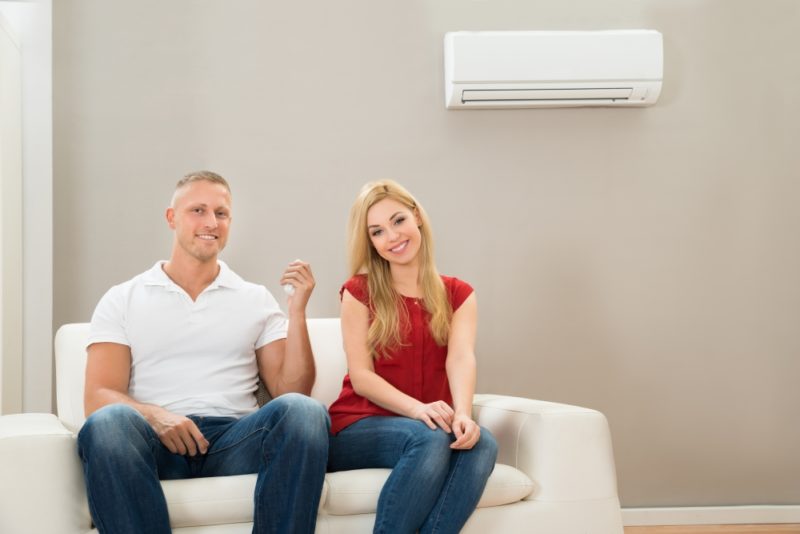You know that so many factors go into building a comfortable home in Dover, Delaware. You keep your house clean and cozy, you keep windows closed when it’s too hot or too cold, and you keep humidity under control. But when it comes down to it, the greatest determiner of home comfort is your HVAC system. Since everyone finds comfort differently, you need to find the HVAC that best fits your own individual comfort needs. Here are the most popular HVAC systems. Which one will make you the most comfortable? Take your pick.
Standard Split Systems
If you bought a home that was built in the past twenty years, chances are you already enjoy the benefits of a standard split system. This type of HVAC system continues to be the most popular HVAC system for a couple of reasons. For one, it’s affordable. When compared to other systems, the installation and upkeep costs of standard split systems are lower than their cousins.
Secondly, in terms of comfort, standard split systems are powerful. While some systems may struggle to maintain comfort when the outdoor temperature reaches extremes, standard split systems are powerful enough to keep you comfortable whether in the heart of summer or dead of winter. However, standard split systems tend to be less efficient than others, so if high utility costs make you uncomfortable, you may want to consider other systems.
Ductless Split Systems
One reason that standard split systems tend to be less efficient is because of the duct network. While ducts do their important duty of getting air throughout the home, common issues with duct systems are that they tend to reduce energy efficiency and raise utility costs. Ductless split systems reduce energy loss issues by getting rid of them altogether. Instead, warmed or cooled air is blown directly into the living space via air handlers on the walls of your home.
While ductless systems tend to be more expensive to install than a standard split system, ductless heating and cooling allows you to customize comfort throughout your home with a method called “zoning.” Maybe you prefer your bedroom cooler than the rest of the home, or maybe your family member prefers to live in a sauna. You can place air handlers in any room, so everyone can enjoy their own personalized comfort.
By doing away with duct networks, ductless systems also cut back on utility bills. However, if you’re going to use ductless heating and cooling to maintain comfort in your entire home, you’ll need air handling units in almost every room, which can quickly ramp up costs.
Geothermal Heat Pumps
Another popular form of heating and cooling is the heat pump. Heat pumps function as both a heating and cooling system by transferring heat according to the needs of the home. Many heat pumps transfer heat with the air, but when you get into the hottest or coldest parts of the season, air-sourced heat pumps have a harder time keeping your home efficiently comfortable.
Instead of exchanging heat with the air, geothermal heat pumps transfer heat between refrigerant lines and the ground. Since the earth remains a relatively constant temperature all year, you’ll always have a reliable source of comfort. Geothermal heat pumps are also among the most efficient HVAC systems out there, and they’ll save you a good deal in utility and maintenance costs.
Geothermal systems may save money in the long run, but they tend to be expensive to install. To transfer heat with the earth, HVAC technicians must insert rods into your ground through which the heat transfer will occur. This requires much equipment and possibly digging into the yard. While it will be worth it in the end, that expensive upfront cost is worth taking into consideration.
Every type of HVAC system comes with its pros and cons. The more affordable systems deliver powerful comfort but cost more every month. More efficient systems that still maintain comfort often initially cost more. Each of these systems will bring comfort to your home, so now it’s up to you to decide which system best fits your needs. Once you’ve decided which system is best for you, call our installation specialists at Griffith Energy Services at 888-474-3391.
Image provided by Shutterstock




